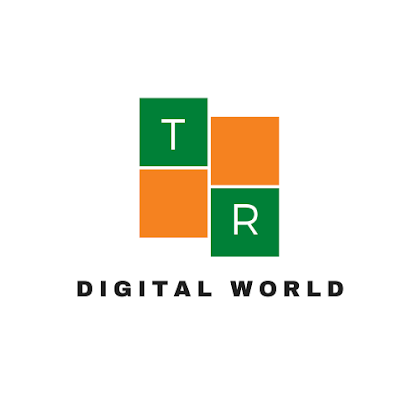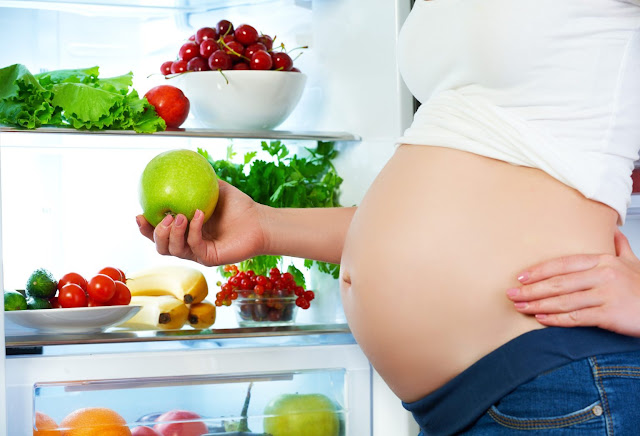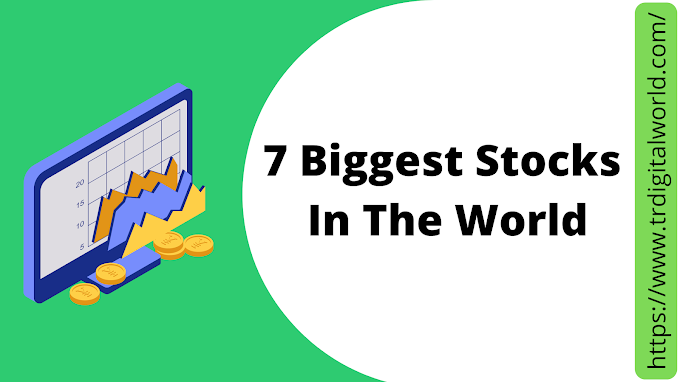Pregnancy is a special and exciting time for expectant mothers, but it can also be a time of uncertainty when it comes to what to eat. The food choices you make during pregnancy can have a significant impact on both your health and the health of your baby. To ensure a healthy pregnancy, it is essential to consume a well-balanced diet that includes a variety of nutrient-dense foods. In this article, we will discuss the best foods to eat during pregnancy and why they are important.
Fruits and Vegetables
Fruits and vegetables are an essential part of a healthy pregnancy diet. They are packed with vitamins, minerals, and antioxidants that are essential for both you and your baby's growth and development. Eating a variety of fruits and vegetables will ensure that you are getting a wide range of nutrients, including folate, vitamin C, vitamin A, and potassium.
Whole Grains
Whole grains, such as oats, quinoa, and brown rice, are also an important part of a pregnancy diet. They are high in fiber, which can help prevent constipation and promote regular bowel movements. Whole grains are also a good source of complex carbohydrates, which provide energy and help prevent blood sugar spikes.
Lean Protein
Lean protein sources, such as chicken, fish, and legumes, are essential for the growth and development of your baby. They also help to keep you feeling full and satisfied. Fish, in particular, is a great source of omega-3 fatty acids, which are important for your baby's brain and eye development.
Dairy Products
Dairy products, such as milk, cheese, and yogurt, are a good source of calcium, which is important for the development of your baby's bones and teeth. They are also a good source of protein and other essential nutrients.
Nuts and Seeds
Nuts and seeds are a great source of healthy fats, protein, and fiber. They are also a good source of magnesium and zinc, which are important for your baby's growth and development. Some great options include almonds, walnuts, chia seeds, and flaxseeds.
Water
Staying hydrated is crucial during pregnancy, and water is the best beverage to consume. Drinking enough water can help prevent dehydration, constipation, and can also help prevent swelling.
It's important to note that some foods should be avoided during pregnancy such as, raw or undercooked meats, fish with high levels of mercury, raw eggs, and some types of seafood such as shark, swordfish, king mackerel, or tilefish. Also, it is best to avoid alcohol, caffeine and limit your intake of processed foods and added sugars.
In conclusion, pregnancy is a special time that requires expectant mothers to pay special attention to their diet. Eating a well-balanced diet that includes a variety of nutrient-dense foods is essential for the health of both mother and baby. Fruits and vegetables, whole grains, lean protein, dairy products, nuts, and seeds, and staying hydrated are all important components of a healthy pregnancy diet. Avoiding certain foods and limiting the intake of alcohol, caffeine, processed foods, and added sugars is also important. Always consult with your healthcare provider for personalized advice and to address any specific concerns.





0 Comments